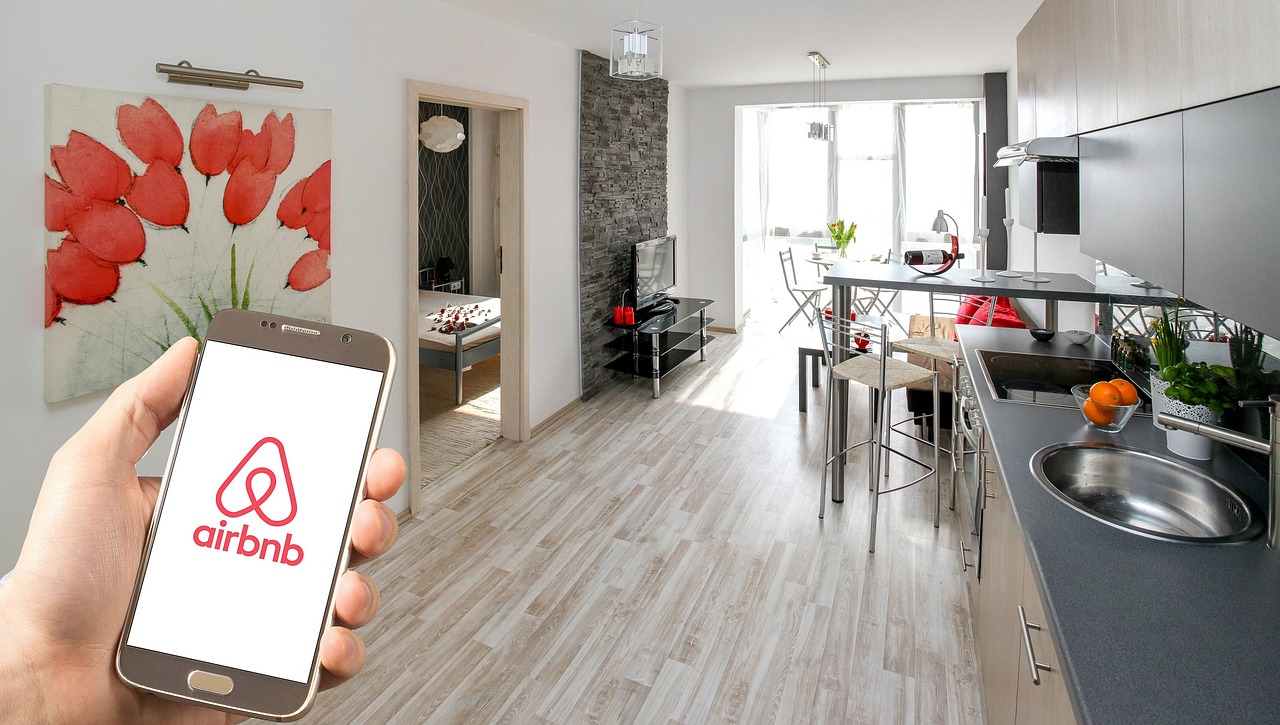Airbnb has recently unveiled a significant update to its cancellation policy, sparking discussions and inquiries among travelers and Hosts everywhere. This shift in the Airbnb cancellation policy promises to redefine how cancellations are handled, offering clarity on refunds and credits in various circumstances. It also covers how this new policy will affect Hosts, allowing them to cancel without fees or other adverse consequences. These are all of the details surrounding Airbnb’s latest policy adjustment.
What is covered under the new Airbnb cancellation policy?

The change was made to Airbnb’s Major Disruptive Events Policy, which covers the situations in which you can cancel your reservation without consequences. In the new policy, the following events are covered:
- Declared public health emergencies and epidemics. Government-declared pandemics, epidemics, and public health emergencies are covered. This does not include common illnesses such as the flu.
- Government travel restrictions. If the government declares an emergency, such as an evacuation order, then this falls under the category of a Major Disruptive Event.
- Military actions and other hostilities. This includes acts of war, hostilities, invasions, civil war, terrorism, bombings, and riots.
- Large-scale outages of essential units. Outages of utilities like electricity, heat, and water may make you eligible for cancellation. The outage must impact the vast majority of homes in the area.
- Natural disasters. Natural disasters and severe weather events are covered only if they happen suddenly or unexpectedly. Weather conditions, such as a hurricane during hurricane season, will not be covered as they are both foreseeable and even expected at times. However, if these weather conditions result in another event covered by the policy, such as mandatory evacuation or utility outage, then it is covered.
What is not covered?

The new policy lists the following as events that will not be covered:
- Events that impact the guest’s ability to travel but not the reservation location
- Injury or illness
- Government obligations like jury duty or court appearances
- Non-binding travel advisories
- Cancellation or rescheduling of an event for which the reservation was made
- Transportation issues such as strikes, flight issues, or road closures due to maintenance
If one of these issues occurs, Airbnb encourages guests and Hosts to find a solution on their own. This could include a full or partial refund or a change in the booking dates.
How does this differ from the previous policy?

The previous policy, which went into effect on January 20, 2021, states the following as covered events:
- Changes to government travel requirements
- Declared emergencies and epidemics
- Government travel restrictions
- Military actions and other hostilities
- Natural disasters
The new policy eliminates ‘Changes to government travel requirements’ as an Event, and as a result, the company will no longer cover unexpected changes to visa or passport requirements that prevent travel to the destination. On the other hand, the ‘large-scale outage of essential units’ Event was previously under “natural disasters” but has been expanded upon with the new policy. Previously, foreseeable natural disasters — such as hurricanes during hurricane season in Florida — were not covered, but now they are if one of the other covered events is triggered (such as mandatory evacuations or large-scale utility outages).
When do these new rules go into effect?

This policy goes into effect on June 6, 2024. If your reservation is impacted by one of these covered Events, Airbnb will assess the situation and determine whether or not the policy applies. If they decide that it does, then they will activate the policy for the impacted area and the timeframe of the Event. Reservations outside of this defined area may not be eligible, however, Hosts may still be able to cancel without consequences.




